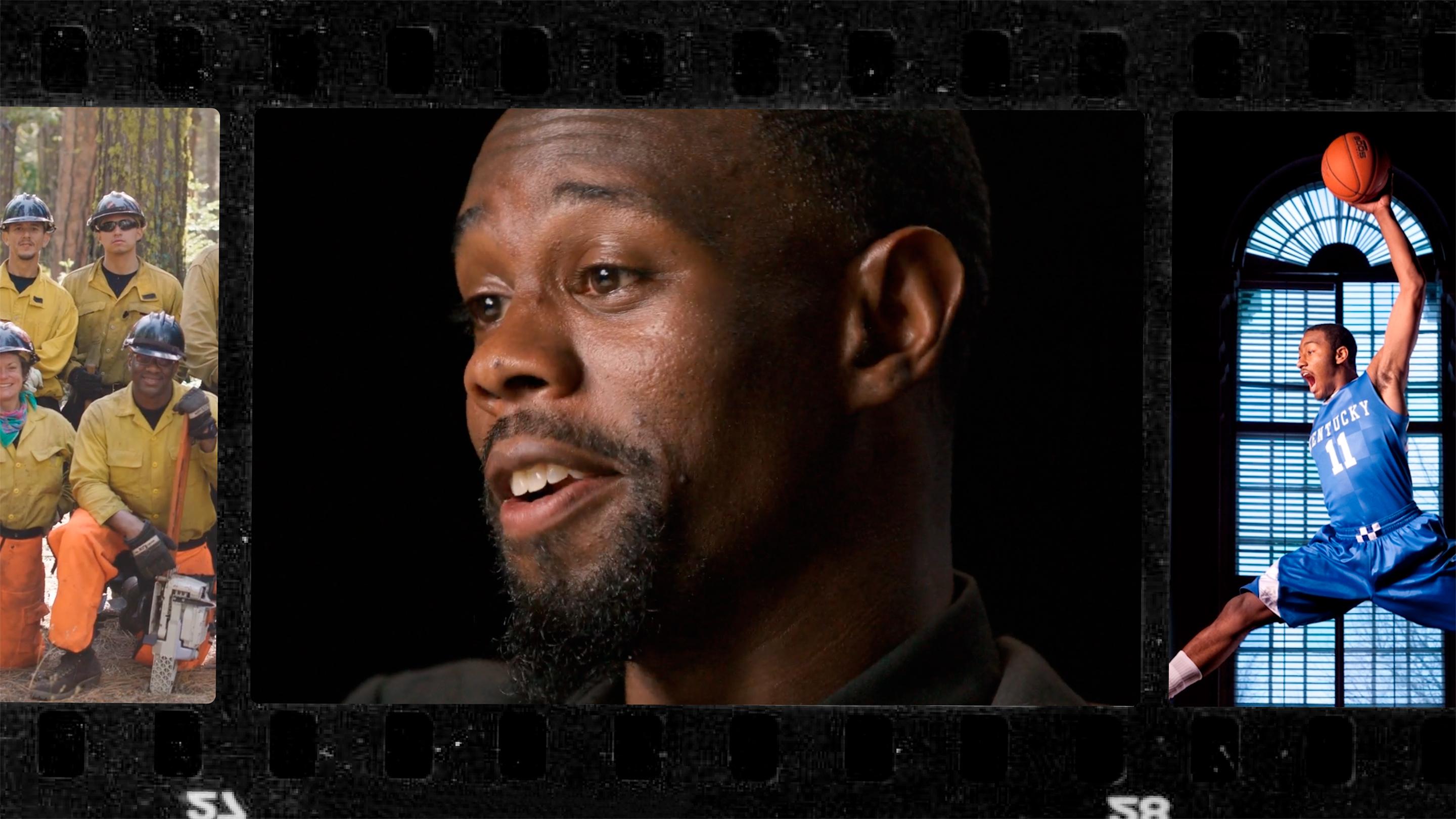
From prison to purpose through wildland firefighting | Royal Ramey

TED Talks Daily
Deep Dive
Why did Royal Ramey start the Forestry and Fire Recruitment Program?
To change the narrative and provide opportunities for formerly incarcerated individuals to become wildland firefighters, offering them a chance to contribute to society and find purpose.
How did wildland firefighting in prison impact Royal Ramey's life?
It gave him a sense of control and purpose, showing him he could be a hero and proving his capability to achieve meaningful work despite his past.
What challenges did Royal Ramey face after being released from prison in his pursuit of becoming a wildland firefighter?
He struggled with the stigma of his criminal record, the lack of a clear roadmap for formerly incarcerated individuals to become firefighters, and the need to build a resume that didn't immediately raise judgment.
What is the Forestry and Fire Recruitment Program's approach to training participants?
The program includes classroom and field training, focuses on both hard skills and personal development, and provides job placement assistance and ongoing support to ensure long-term success.
How does the Forestry and Fire Recruitment Program address the safety concerns of its participants?
It provides state-of-the-art training, the best equipment, and certifications in safety practices. Additionally, it focuses on mental and emotional well-being to prevent burnout and ensure overall safety.
What does Royal Ramey believe is necessary for other industries to adopt similar models to his program?
He emphasizes the need for supportive partners in both public and private sectors, incentives for employers beyond goodwill, and a focus on creating family-winning careers with pathways for upward mobility.
What resources does Royal Ramey recommend for those interested in learning more about his work and similar topics?
He suggests reading 'What If We Get It Right?' by Dr. Ayanna Elizabeth Johnson, watching the FFRP documentary 'Fire Break,' and reading 'Evicted' by Matthew Desmond.
- Incarcerated people often fight wildfires in California.
- Royal Ramey found meaning and control through firefighting in prison.
- The experience showed him he could achieve goals and be a hero.
Shownotes Transcript
When wildfires rage in California, incarcerated people are often on the front lines fighting the flames. TED Fellow Royal Ramey was one of them. He shares the story of how doing public service in prison inspired him to cofound the Forestry and Fire Recruitment Program, a nonprofit helping formerly incarcerated people become wildland firefighters — and find purpose along the way.